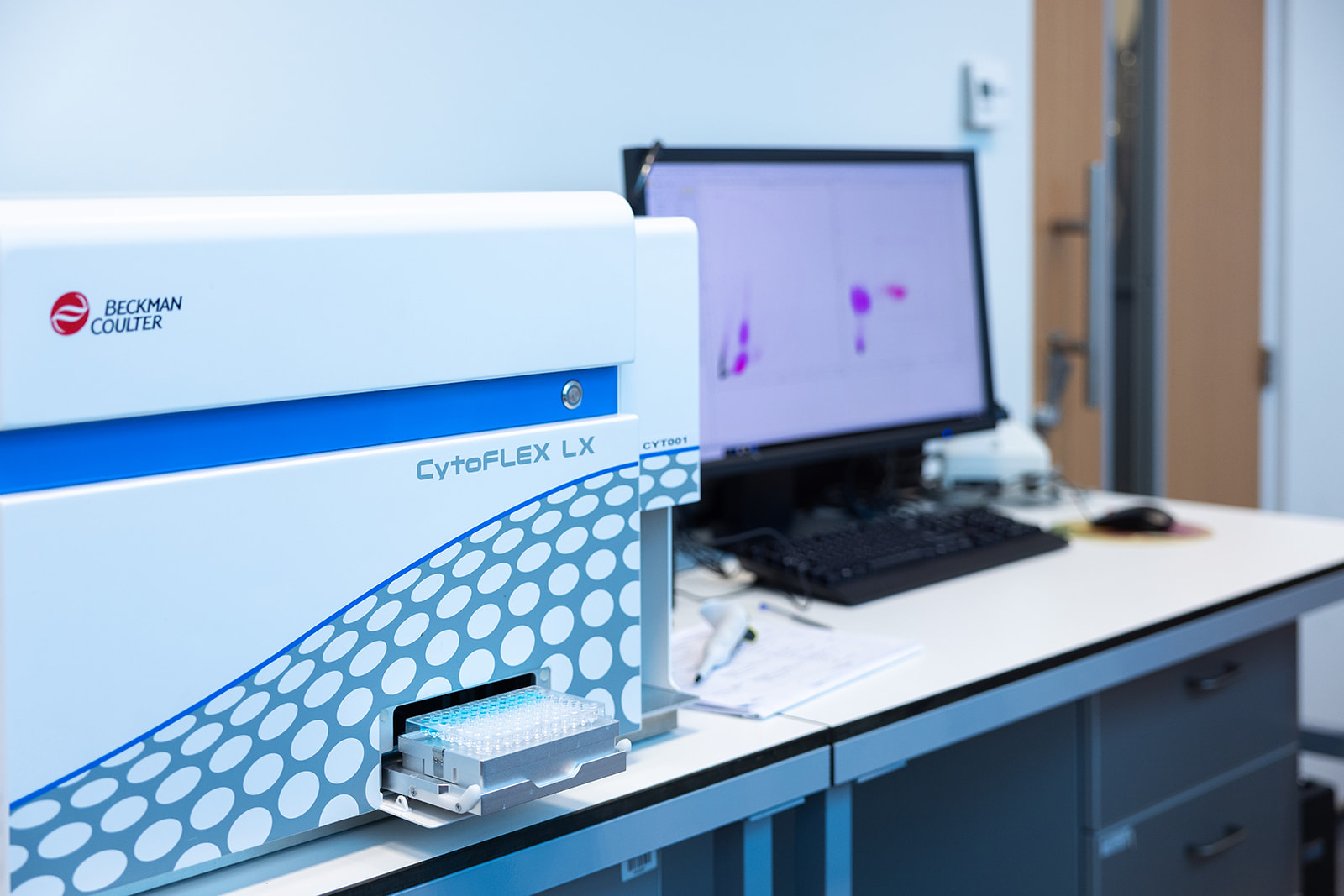


De-risk Clinical Development with Data-Driven Pharmacokinetic (PK) and Pharmacodynamic (PD) Studies
Determining whether a drug truly engages its target at the right dose, in the right tissue, and at the right time remains one of the most decisive factors in successful drug development.
Pharmacokinetic and pharmacodynamic (PK/PD) studies provide you with evidence to move beyond systemic exposure data, linking drug levels to meaningful biological effects. Our scientists apply rigorous PK/PD approaches, from pharmacodynamic biomarker studies to advanced modeling, to reduce uncertainty, guide dose selection, and help ensure that promising compounds have the mechanistic foundation to succeed in the clinic.
Partnering with Oncodesign Services
Selecting the right partner for PK/PD studies means more than accessing technical capabilities, it requires a team that understands the biological, translational, and regulatory context of your program.
With over 20 years of experience supporting biotech and biopharma, we combine deep pharmacology expertise with integrated capabilities in PK analysis, PD biomarker development, and target engagement assays. Our ALAC-accredited, BSL-1 to BSL-3 facilities, cross-disciplinary scientific teams, and proven track record in oncology, immunology, and inflammation ensure your data are robust, reproducible, and ready to support confident decision-making at every stage of development.
Our PK/PD Study Capabilities
Our integrated pharmacokinetic and pharmacodynamic (PK/PD) services support drug discovery programs from preclinical proof-of-concept through early clinical development. We combine validated pharmacokinetic studies, biomarker-driven pharmacodynamic studies, and advanced modeling to generate data that informs dose selection, confirms target engagement, and supports regulatory submissions.
Pharmacokinetic (PK) Studies:
- Short- and long-term PK studies in rodents and non-human primates
- Quantification of drug levels in plasma and other tissues of interest via LC-MS/MS
- Bioanalytical method development, validation, and transfer
- Evaluation of absorption, distribution, metabolism, and excretion (ADME)
- Integration of PK data with pharmacodynamic endpoints
Pharmacodynamic (PD) Studies:
- In vivo and ex vivo PD studies to evaluate drug mechanism of action
- Measurement of pharmacodynamic biomarkers relevant to oncology and immuno-inflammation
- Development and validation of target engagement assays for clinical and preclinical use
- Tissue-specific biomarker analysis (e.g., whole blood, colon, skin, tumors)
- Translational assay strategies to bridge preclinical and clinical findings
Modeling, Analysis and Translational Support
- PK/PD and PBPK modeling to predict human dosing and guide trial design
- Integration of pharmacokinetic and pharmacodynamic datasets for mechanism-driven decision-making
- Support for IND and regulatory submissions with robust, reproducible data
Our PK/PD capabilities are designed to reduce development risk, accelerate timelines, and provide a mechanistic foundation for confident progression into later-phase trials.
The Role of PD Biomarkers in PK/PD Studies
Pharmacodynamic (PD) biomarkers bridge the gap between drug exposure and therapeutic effect. While pharmacokinetic studies reveal how a compound moves through the body, PD biomarkers show whether it is engaging its target and triggering the intended biological response. Ignoring this link risks advancing compounds with no true mechanism-based activity.
We help advance candidates to the clinic by designing and validating PD biomarker strategies that match the biology of your target and the practical constraints of early clinical trials. This includes:
- Pharmacodynamic biomarker identification and qualification for oncology and immuno-inflammation
- Target engagement assays to confirm drug-target interaction in relevant tissues
- Cytokine profiling, pathway inhibition, enzymatic activity, and other mechanistic readouts
- In vivo and ex vivo PD study designs to address both systemic and tissue-specific effects
By integrating PD biomarker data into PK/PD analysis, we provide the mechanistic evidence to support dose selection, predict clinical efficacy, and reduce the risk of costly late-stage failures.
Too many PK/PD programs stop at exposure data and toxicity findings, leaving unanswered whether the drug is doing what it should, where it should, and when it should. We challenge that approach. To find out more about conducting PK/PD studies with Oncodesign Services, please book a conversation with our team:



